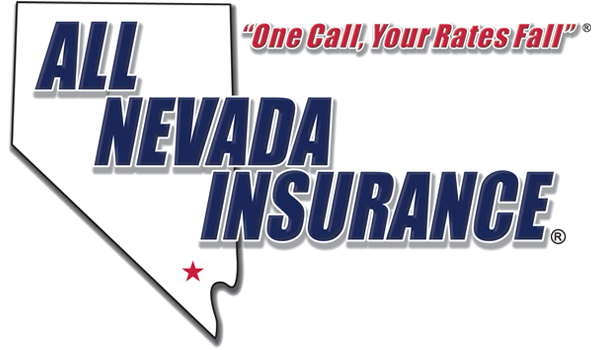
Know how actual cash value and replacement cost affect your home insurance policy.
Much like everything else we buy, insurance comes with a lot of options. When selecting home insurance, homeowners will be faced with the option of actual cash value or replacement cost value. These terms are loss valuation methods insurance companies use to determine how much money they will pay out in the event of a covered claim after any deductible is applied. Here’s what you should know about the differences between the two options.
Actual Cash Value
The actual cash value, or ACV, is the economical choice because it requires that you pay the lowest premiums. That is because depreciation is taken into consideration. As time goes by, the monetary value of your belongings may go down, and this is known as ‘depreciation.’ If your possessions are destroyed by a covered loss and you have ACV coverage, your insurance agent will subtract your home’s depreciation from the amount of money that is required to repair or replace your items to the condition they were in before the disaster.
Replacement Cost Value
The alternative to actual cash value is replacement cost coverage. If your belongings are destroyed and you have replacement cost value, your coverage would provide you with a payment equal to that required to replace lost items. Depreciation of your items is not a factor in the settlement you receive from your insurer.
Ensure your home and possessions have the right protection in place. Contact All Nevada Insurance to get started on the right homeowners insurance policy to suit your needs, budget, and belongings!


 Our Locations
Our Locations

